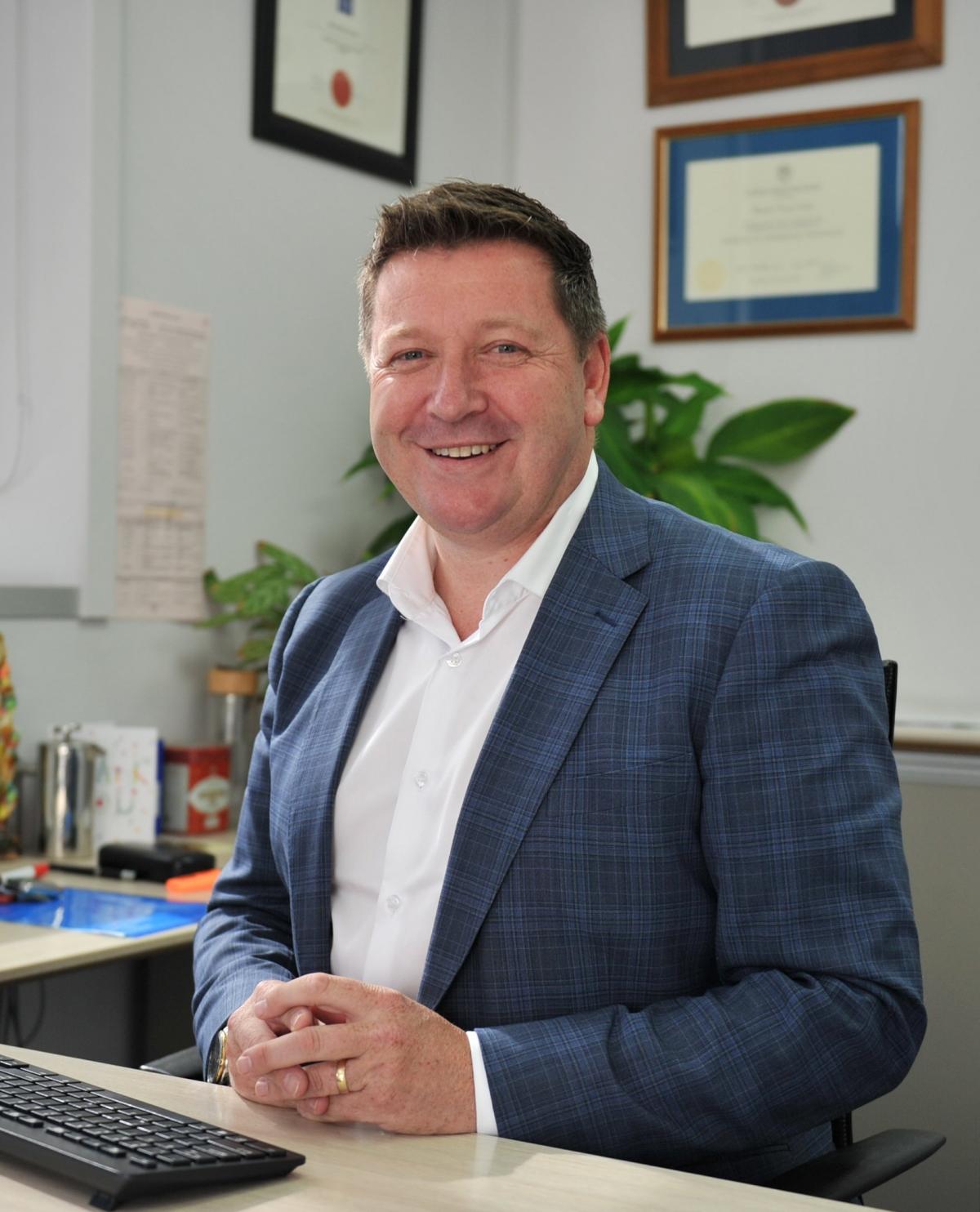Business South is calling for the creation of an independent economic development agency with strong business and iwi representation to drive co-ordinated, outcome-focused growth for Dunedin.
This week, the organisation’s board and chief executive Mike Collins met Dunedin city councillors ahead of the formal hearings for the 2025-34 long-term plan (LTP).
In its submission, Business South said a strong and adequately funded agency, led by an experienced team outside of the council, was needed to ensure the growth required to deliver the rates necessary for the LTP’s infrastructure requirements.
It also suggested a private sector governance structure with council representation comprising the mayor or deputy mayor.
From engaging with 600 businesses across the city, the organisation found 41% of businesses believed the council was average when it engaged with businesses in decision making, 43% believed it was average at supporting and/or enabling businesses and 39% believed it was poor at understanding businesses and the impact of its decisions.
Business South strongly opposed proposed increases to rates and development contributions that would add pressure to businesses navigating economic uncertainties.
It called for faster, more efficient consenting and compliance pathways that reduced “red tape” and supported growth, and it supported investment in infrastructure in transport networks, digital connectivity and essential services, saying modern, efficient infrastructure underpinned business growth and resilience.
To attract and retain workers, Dunedin needed a greater supply of affordable housing and affordable industrial and commercial land for business expansion.
Housing shortages were directly impacting the ability to hire and grow.
“From a developer’s perspective, a lot of what has been rezoned, people wouldn’t want to live on or is in a hazard zone and purchasers are not interested. As a result, there are higher land prices.
“Businesses and the community want certainty around future plans to have confidence about where they are investing,” the submission said.
According to a CoreLogic report, Dunedin was the third-most unaffordable major centre in New Zealand and it cost $75,000-$100,000 more to build comparable entry-level medium density houses in Dunedin than Christchurch.
That extra cost was due to many factors including construction costs, availability of suitable land, size of sections and hilly topography.
Businesses were were also calling for proactive council support in emerging sectors like tech, green energy, advanced manufacturing and sustainable industries.
Business South suggested the council could work in partnership with it to establish and support those communities.
That included setting up business hubs and innovation precincts, attracting venture capital partnerships and leveraging the University of Otago and Otago Polytechnic.
Improving airline services to and from Dunedin was also seen as vital for trade, tourism and talent attraction. There was a need to create demand for sustainable flights by marketing the city internationally, it said.














